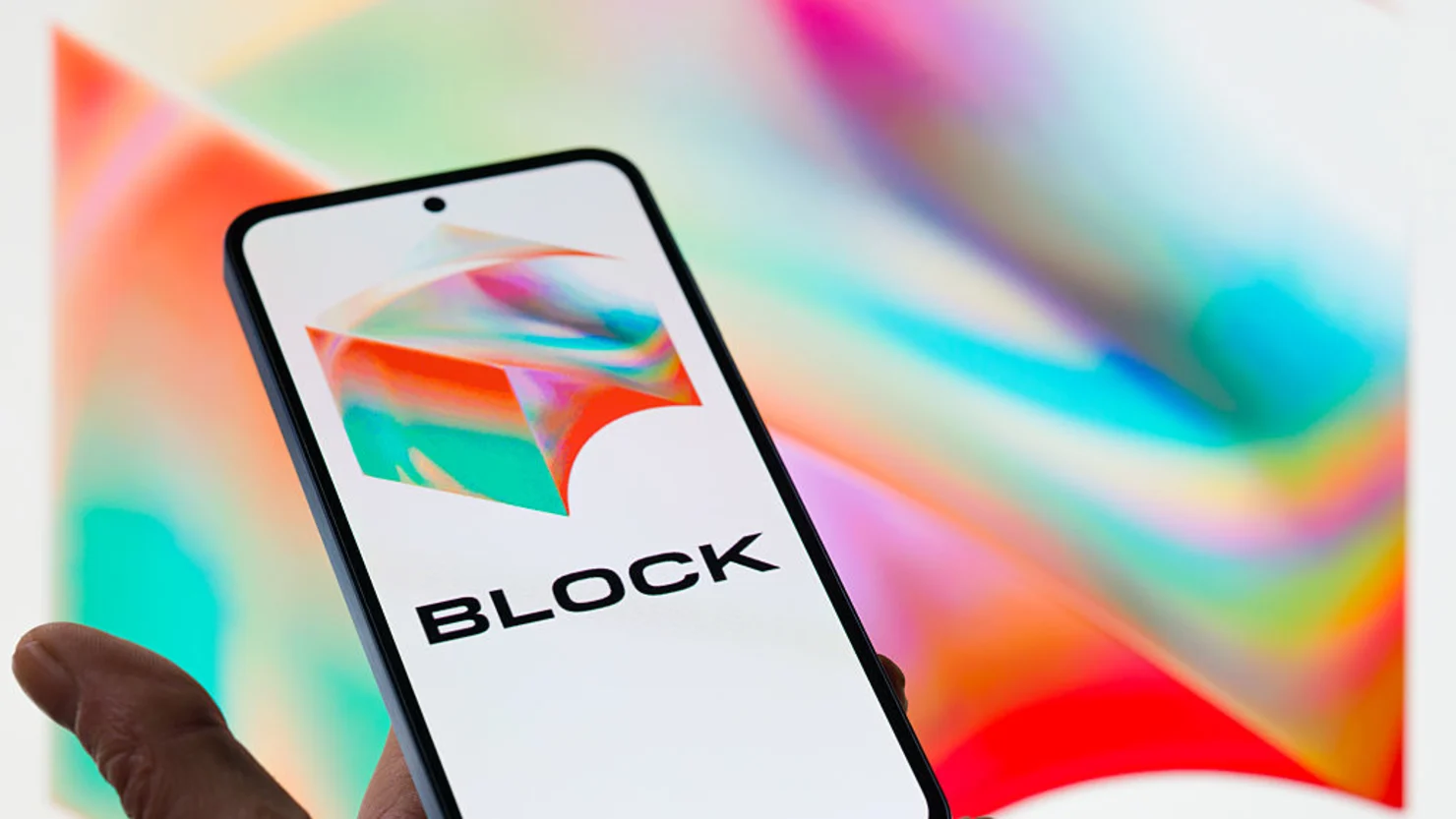In an era dominated by smartphones and mobile connectivity, traditional landline phones might seem like relics of the past, the Wall Street Journal reports.
Yet across a wide range of industries—from hospitality to healthcare and finance—these handsets remain a staple of daily operations.
Despite being largely absent from most US households, business demand for landline phones remains steady, though many of these systems have evolved. Rather than relying on old copper-wire infrastructure, modern “landlines” often operate on internet protocol (IP), allowing voice data to travel over digital networks.
According to Synergy Research Group, the global market for IP phones reached approximately $1.3 billion in 2024. Companies like AT&T and Cisco continue to support this demand by innovating within the space.
“It’s a critical business,” said Zee Hussain, senior vice president of global enterprise solutions at AT&T.
From hospitals and restaurants to financial institutions, these phones serve essential roles, including regulatory compliance through call tracking and recording.
While Cisco reports a decline in landline sales to general office workers, it continues to see consistent demand in areas such as hotel receptions and conference rooms. Hotels in particular often have hundreds of phones installed—not just for guest convenience, but also due to safety regulations. In many jurisdictions, hotels are required to provide a phone in every guest room in case of emergency.
“For the hotel space, I definitely don’t see it going anywhere anytime soon,” said Cole Baker, vice president of hospitality management services at Oldham Goodwin, which operates several hotel properties in Texas.
Beyond emergency use, guests frequently rely on in-room phones to reach the front desk or order room service, he added.
At Oldham Goodwin’s corporate offices, landline phones are also present on employees’ desks, offering a level of consistency and functionality that smartphones don’t always match. Baker confirmed during an interview that he was calling from a landline.
Insurance company New York Life still has physical phones at every desk, according to Chief Technology Officer Kevin Glynn. However, that may change soon. Glynn is leading a transition to a software-based communication platform that would offer similar capabilities digitally. Even so, he acknowledges the resistance such a shift can generate.
“There was a small community that was like: ‘No, you’re going to pry my handset out of my cold, dead fingers,’” he said of a previous transition effort.
Law firms, too, continue to rely on landlines. Shawn Helms, co-head of the technology and outsourcing practice at Will McDermott & Emery, said he and many colleagues still use desk phones—largely out of habit.
But there are functional reasons to keep them around. For regulated industries like finance, having a dedicated work phone helps separate personal and professional communications and ensures compliance through call monitoring. Transferring and merging calls is also easier on landline handsets than on smartphones, according to AT&T’s Hussain.
Both AT&T and Cisco continue to invest in landline hardware. Cisco, for example, is integrating artificial intelligence into its devices, including features like background noise suppression, to enhance usability.
“In consumer, we don’t use them that much anymore,” said Snorre Kjesbu, senior vice president at Cisco. “But in business, it’s actually a massive necessity.”










The latest news in your social feeds
Subscribe to our social media platforms to stay tuned